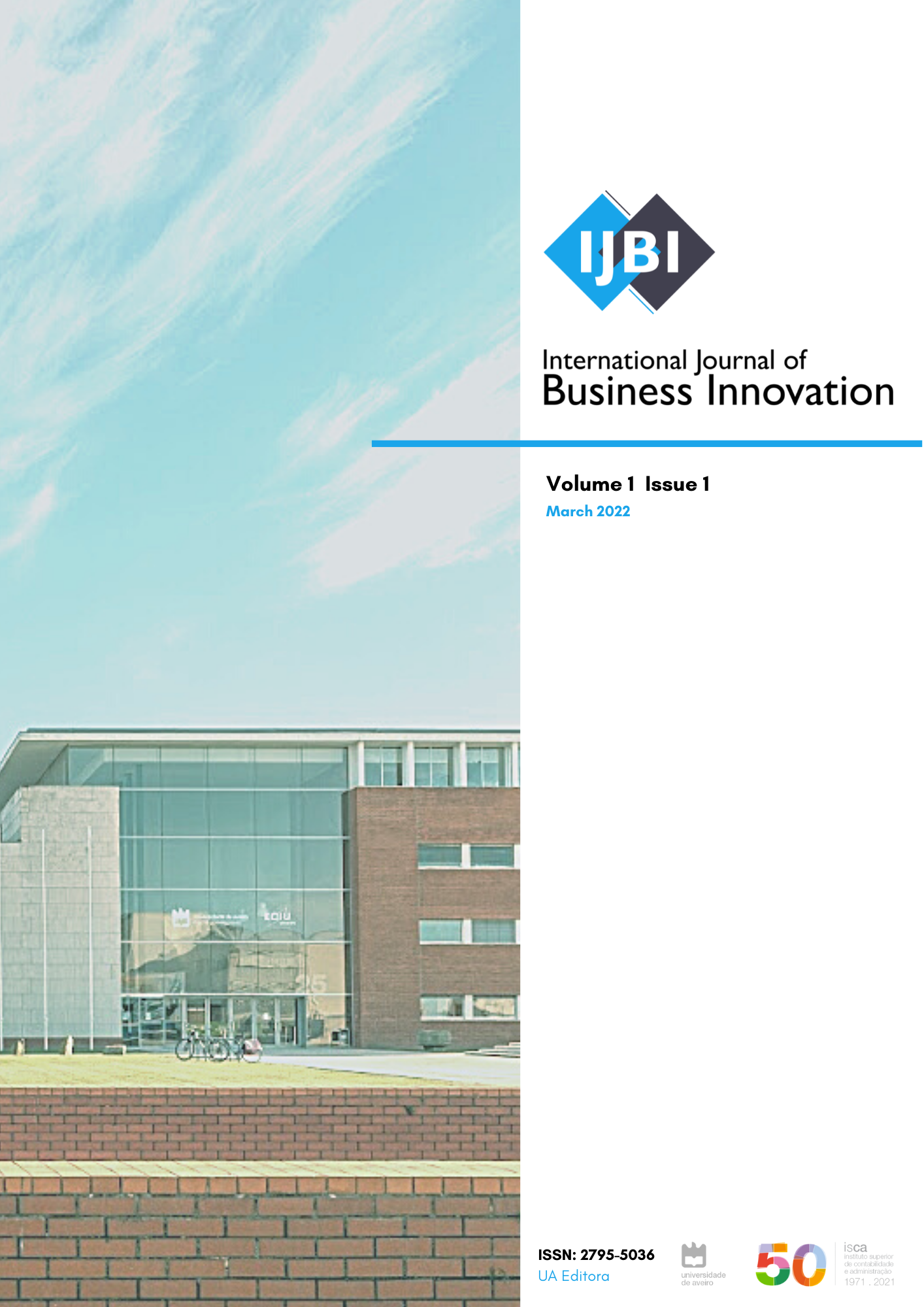Ethical Judgment of Undergraduate Accounting Students at a South African University
Influence of business ethics course, gender and race
DOI:
https://doi.org/10.34624/ijbi.v1i1.27667Keywords:
accounting students, ethical judgment, business ethics education, gender, raceAbstract
The main objective of this paper is to examine the influence of a business ethics course, gender and race on the ethical judgment of undergraduate accounting students at a South African university. This study employs the use of primary data through a self-administered questionnaire to the students, using an 8- item instrument multidimensional ethics scale (MES). A regression technique and t-test are used to determine the influence of the business ethics course, as well as gender and race, on the ethical judgment of the students. The findings of this study illustrate that there are significant differences in the ethical judgment of students who have taken a business ethics course, and those who have not taken such a business ethics course. Findings also reveal that male students tend to be stricter in their judgment than their female counterparts, reflecting important differences. Furthermore, the study reveals that there are significant differences in the ethical judgment of racial groups. Finally, this paper contributes to studies on ethical judgment, specifically, in South Africa, by providing insights into how these aforementioned factors influence the decision-making process of undergraduate accounting students when faced with ethical dilemmas.
References
Downloads
Published
Issue
Section
License
When submitting an article to the IJBI, authors certify the following clauses:
-
Originality and single submission– The contents presented in the article have not been published previously in whole or in part, and were not submitted or are not under active consideration elsewhere prior IJBI decision. The article must be authentic and does not contain plagiarism.
-
Authorship– All authors reviewed the article, agreed with its content, and agreed to its submission to the IJBI.
-
Conflicts of interest– Any conflict of interests must be declared. If authors have no declaration, it should be written (in the acknowledgments section): “The authors declare no conflict of interests”.
-
Ethics committee and informed consent(if applicable) – The research must be approved by an independent ethics committee and subjects gave their informed consent before they were enrolled in the study.
- Authors retain copyright and grant the journal the right of first publication with the work simultaneously licensed under a Creative Commons CC BY 4.0.



